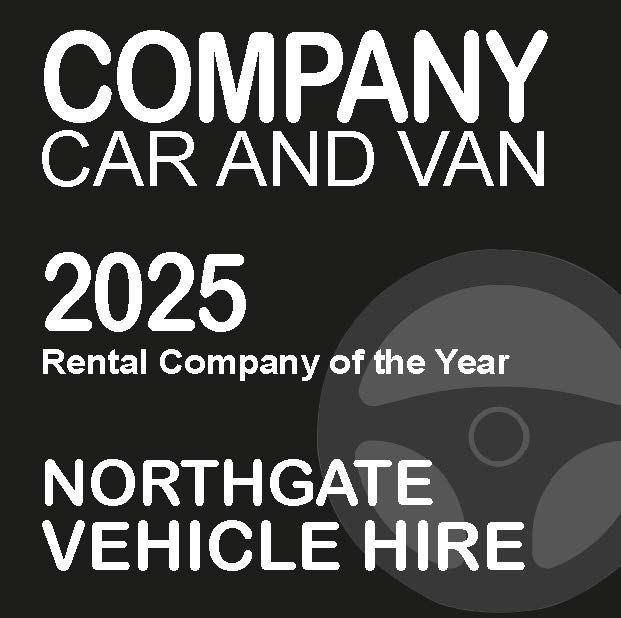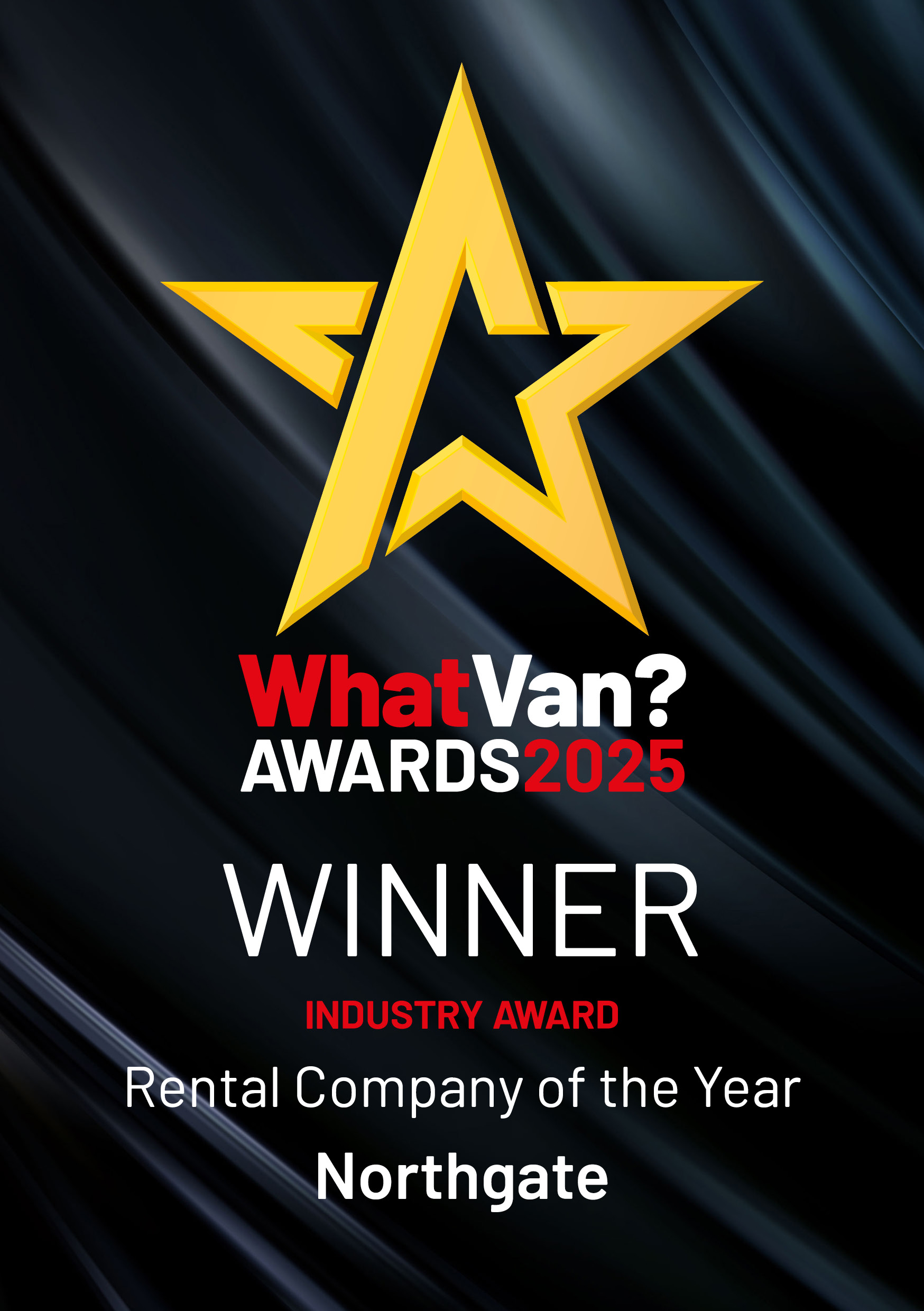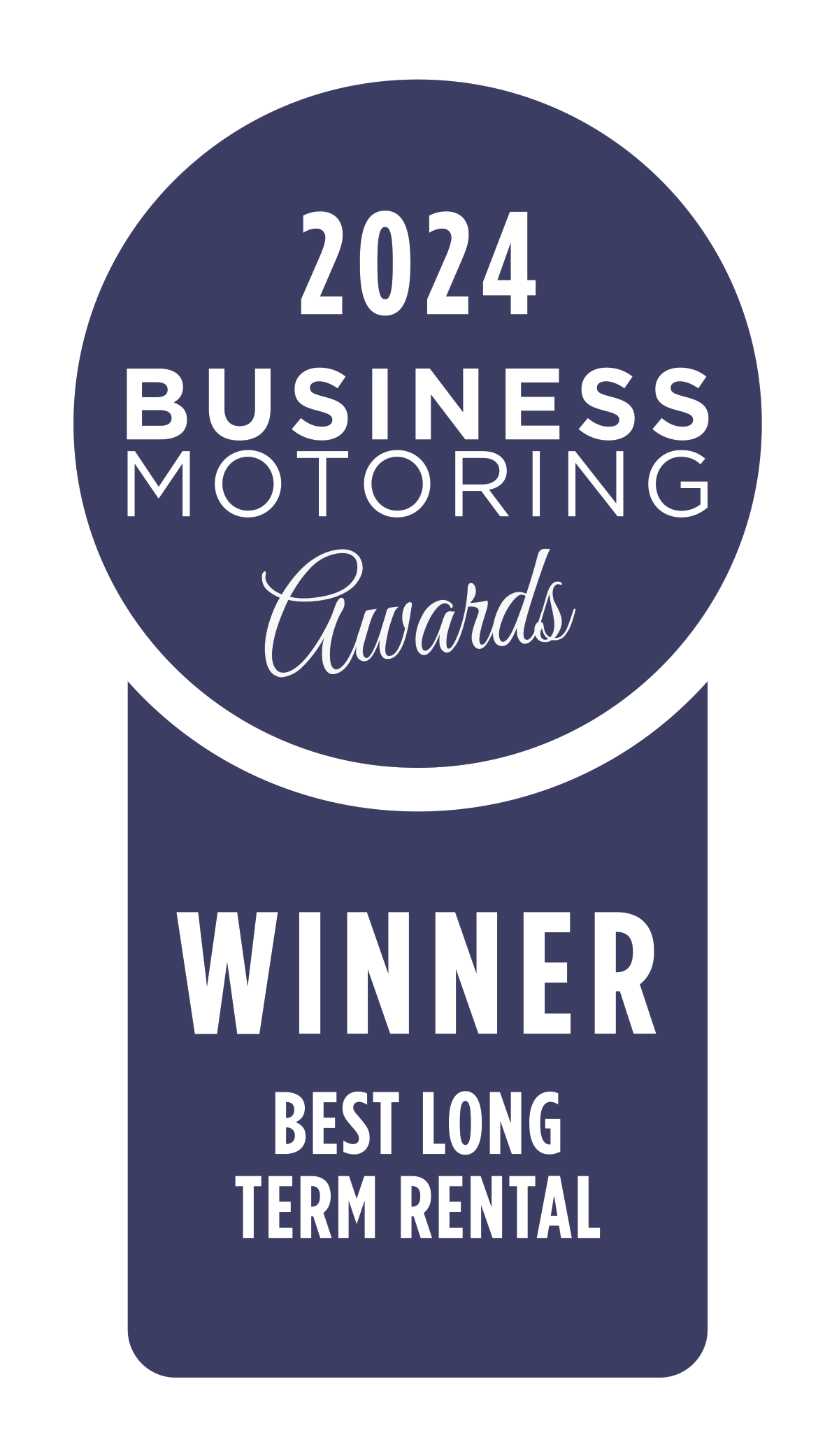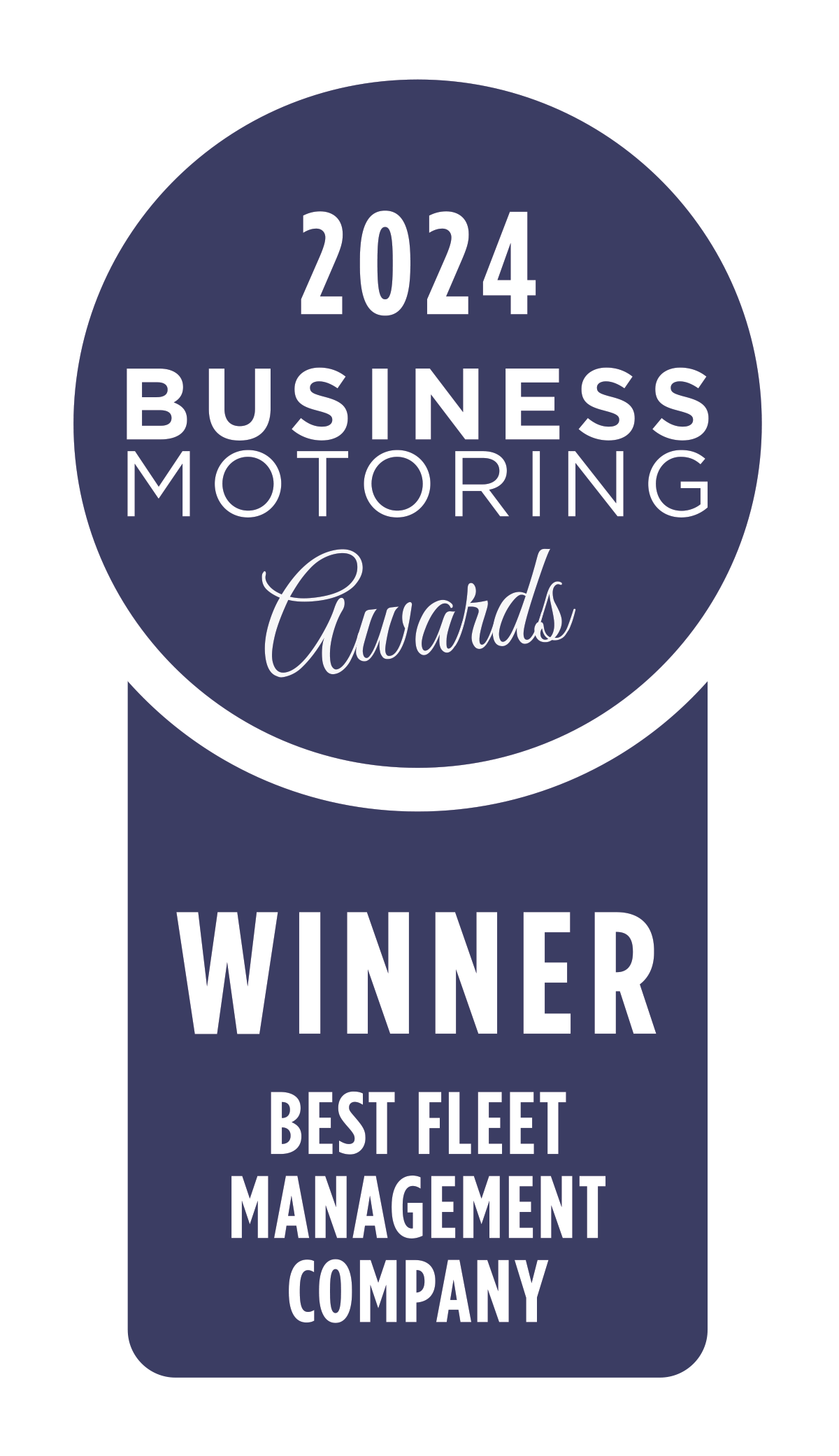Ditching the disposals dilemma
Disposing of an old vehicle in order to upgrade a fleet does not have to be a dilemma for businesses.
![]() 04/10/2018
04/10/2018![]() 3 minutes read
3 minutes read
Renewing commercial vehicles doesn’t need to dent your wallet or your balance sheet half as much as you’d think. Planning and a little bit of homework will go a long way in helping save a business money. Decisions made at this point in the fleet management lifecycle can have a significant impact both financially and operationally. Arguably, the larger the fleet, the bigger the impact.
Any business that runs a fleet of vehicles, whether one or one thousand, will at some point have had to look at replacement and renewals. Through a van coming to the end of its contractual life, or even maintenance and repair costs of an owned vehicle rising to unappetising levels, financially, updating the fleet makes sense. Whatever the reason, there are a number of options available to businesses, but knowing which option offers the best financial return or the least hassle depends on a number of factors: size of fleet, current acquisition method, future vehicle requirements and residual values.
Multiple Options
For businesses that lease or contract hire, it may be a simple case of handing back their leased vehicle along with a deposit in return for shiny new ones. Beware though, operators should be organised as this must be arranged well in advance to ensure supply, as lead times can be months, not weeks, for new vehicles.
For others, choosing to sell at auction can be a quick, no hassle, option. However, sale prices can be hugely impacted by vehicle condition, so beware if your LCV has some battle wounds and doesn’t fit the description of ‘one careful female owner’. Auction is often the default option for those who choose to purchase, however it does not always offer the best financial return. Vehicle depreciation, auction commission and the buoyancy of the used LCV market all play a part on an operator’s return.
Finally, LCV operators may choose to sell privately with so many well-known online sales channels available at relatively low cost. These are offten straight forward to use and sellers can gain instant visibility to a large, wide reaching audience, potentially making the sale quicker and more successful for both parties. Similarly, classified adverts can be the easy and familiar choice for smaller operators, however it doesn’t come without its downsides. It can take significant time and money to prepare a vehicle for resale, plus the marketing activity itself demands time and money. Then there are the other considerations such as the processing of paperwork and organising the logistics of drop off and delivery once sold. For some operators, the hassle outweighs the return and so this option loses its appeal.
The right option
With all of these considerations to be made by the fleet operator, the status quo is often the solution and alternatives are rarely sought out, due to the ease of familiarity and the lack of time to pursue other options. Personal experience has shown that businesses are often reluctant to consider a radically different option.
However, businesses should realise that considering alternatives can inject a breath of fresh air into a company’s fleet operations and have significant operational and financial benefits. One disposal method with a difference is Sale and Rent back which removes much of the hassle associated with vehicle disposal and ensures maximum financial return as it removes the cost burden that purchase brings, by introducing the option of flexible vehicle hire to the operator.
Consider it a fourth option – not necessarily right for everyone, but certainly if businesses have historically chosen to purchase and never considered alternative disposal or acquisition methods, then Northgate could mean that vehicle disposal doesn’t have to become a dilemma.
We provide vehicle hire packages that are perfect for meeting day to day needs, specific jobs, or long-term requirements.
Contact us to find out about van long-term rental and leasing today.








